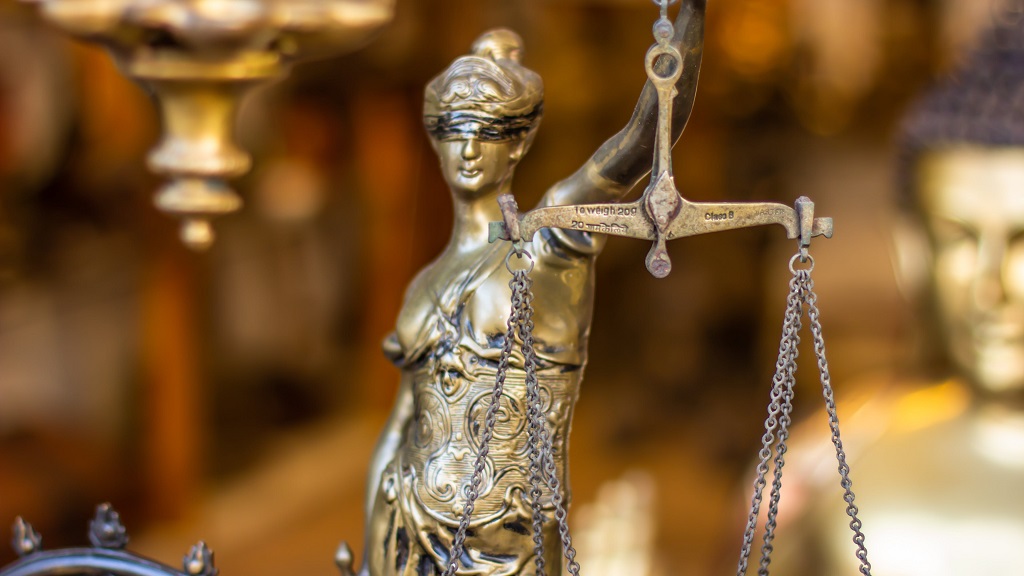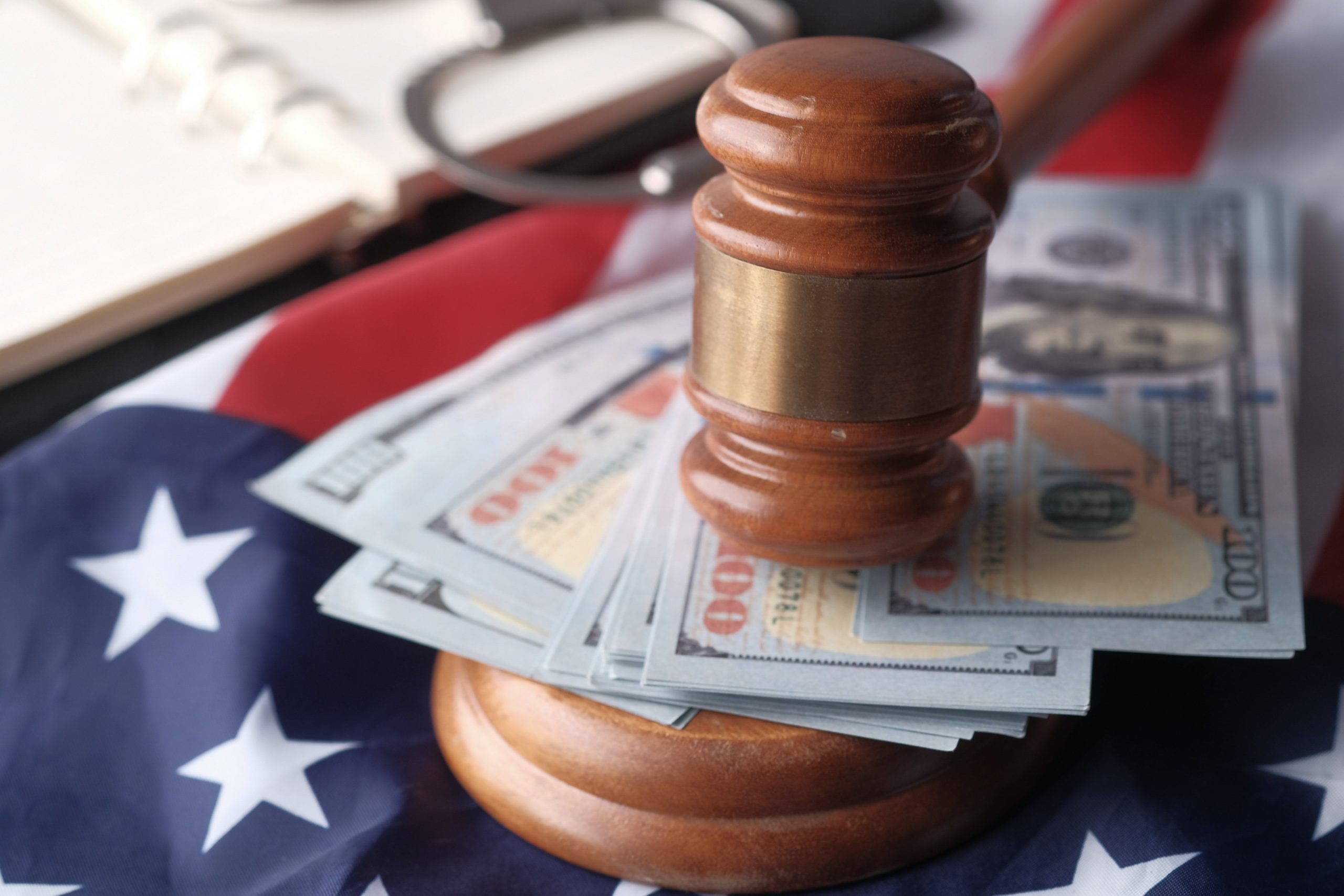- Understand the presumption of innocence, including rights to silence, bail, and a fair trial in criminal cases.
- Choose legal representation with expertise in criminal law, local knowledge, and a solid reputation.
- Procedural rights ensure fair criminal proceedings and protect against wrongful convictions with due process.
- Media management is essential in criminal cases, requiring careful strategy to control the narrative.
- Resilience and an informed approach are key to facing criminal allegations and maintaining one’s rights.
In the unfortunate event that you find yourself embroiled in a criminal case, the daunting nature of the legal process can be overwhelming. Whether you’re directly involved or seeking to support someone who is, understanding the complexities and nuances of the legal system is essential. This article serves as a guide, providing insights into the intricate web of legal considerations that come into play once criminal allegations are on the table.
Presumption of Innocence: Understanding Your Rights
At the heart of any criminal proceeding lies the fundamental principle of ‘innocent until proven guilty.’ The concept, rooted in the belief that a person is entitled to a fair trial, ensures that the burden of proof rests with the prosecution. As a defendant, it is critical to understand that this presumption is not a mere formality but a tangible protection of individual liberty. So, what does the presumption of innocence mean in practice?
Right to Silence:
The right to remain silent is a powerful tool. It prevents self-incrimination and pushes the prosecution to provide evidence beyond a reasonable doubt.
Right to Bail:
In many jurisdictions, there’s a right to reasonable bail unless there’s substantial evidence to believe the accused is a flight risk, a danger to society, or likely to interfere with the case. This right is an essential safeguard against unjustified detention and ensures that the accused can participate in their defense.
Right to a Fair Trial:
This includes an impartial jury, the opportunity to confront witnesses, and the right to legal counsel. As a defendant, you have the right to present your case and challenge the prosecution’s evidence. This is crucial in ensuring a fair trial and protecting against wrongful convictions.
Awareness of these rights empowers the accused and their legal team to navigate the process strategically with the ultimate goal of exoneration.
Selecting the Right Legal Representation
Your legal team’s competence and experience can significantly impact your case’s outcome. When selecting representation, thorough research and due diligence are non-negotiable. The best criminal defense lawyer is skilled at not only understanding the law but also the tactics of the prosecution and how to best advocate for their clients. Here are some factors to consider when choosing an attorney:
Expertise in Criminal Law:
Look for a lawyer with a robust track record in dealing with criminal allegations similar to the one at hand. They should be well-versed in relevant statutes, case law, and procedural rules.
Local Knowledge:
Familiarity with local courts, judges, and prosecutors can offer a strategic advantage. From understanding the tendencies of key decision-makers to navigating administrative procedures, local knowledge can make a significant difference in the outcome.
Reputation:
A lawyer’s reputation for integrity and performance can influence the perception of your defense. Some ways to gauge reputation include client reviews, awards and recognition, and referrals from trusted sources.
Interview multiple attorneys and ask for references. Trust your judgment, and ensure that the individual or team you select is committed to fighting for your rights with passion and expertise.
The Importance of Procedural Rights
In criminal law, procedural rights are the critical rules governing the criminal justice process. Protecting these rights ensures that the trial is fair and credible and minimizes the risk of wrongful convictions. Due process encompasses several crucial components, from search and seizure laws to the right to a speedy trial, from the disclosure of evidence to attorney-client privilege.
Managing the Media and Public Opinion
Criminal cases often attract public attention, with media coverage swaying public opinion and potentially influencing the trial. Managing how your case is portrayed can be strategic. Always consult with your legal team before speaking to the media, and avoid discussing details of the case or making any statements that could be used against you. By carefully controlling the narrative, you can mitigate any potential damage to your defense. Remember, the goal of the legal process is to find justice, not to cater to public sentiment. Your legal counsel should work with you to develop a media strategy that best serves your long-term interests.
Facing criminal allegations is a challenge that can test the resolve of even the staunchest individuals. It is a time to be resilient and reflective and to recognize that the legal process, while arduous, is designed to protect the rights of the accused. You can approach your case with a proactive and informed stance by understanding your rights, selecting the right representation, protecting procedural due process, and managing public opinion. With a strong foundation, you can navigate the challenging waters of criminal allegations and emerge with your rights and reputation intact.



